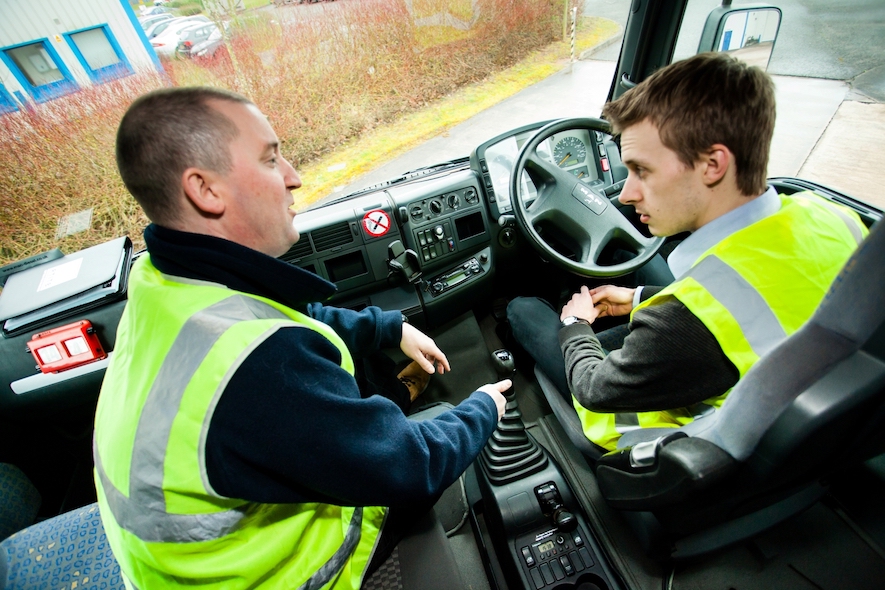The British supply chain needs to have access to European workers in the short to medium term if UK business are to make a success of Brexit, according to a fresh warning from the Freight Transport Association.
The Association’s Sally Gilson called on government to reassess its immigration system to ensure it is based on needs, rather than qualifications, after the latest independent industry report into skills shortages in the logistics industry was published at the end of November.
“The Skills Shortage report again shows logistics continues to struggle to recruit new HGV drivers,” Gilson said.
“The industry currently needs 52,000 drivers for logistics businesses to be fully operational and continue to keep up with consumer and business demands. Having the freedom to recruit from across the EU has helped to keep our lorries and vans on the road, but with uncertainty surrounding the parameters of a future immigration system, the logistics sector is concerned there just won’t be enough drivers available to transport the goods and raw materials the UK is reliant upon.”
The Migration Advisory Committee report recommended restricting lower-skilled immigration – but logistics businesses are reliant on those workers to keep goods and services moving, Gilson argued.
“Unless domestic workers can be incentivised to switch careers or take up a meaningful apprenticeship in logistics – something which the industry has been pressing government on for a while – businesses will remain dependent on these migrant workers,” she said. “Without them, goods and services will simply fail to move around the country and across its borders.
“Just like there is no magic money tree, there is no magic labour tree. The future employment criteria for these vital EU workers must be prioritised to protect the integrity of the country’s supply chain,” Gilson concluded.






